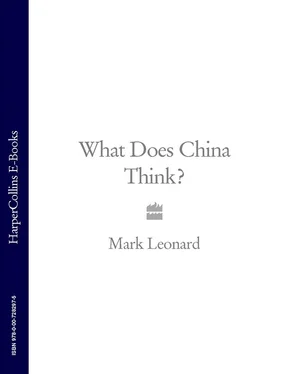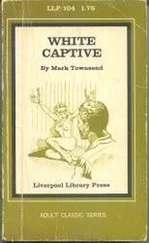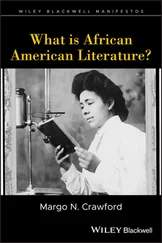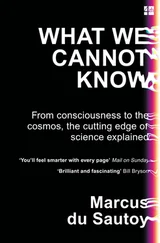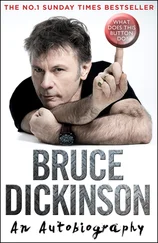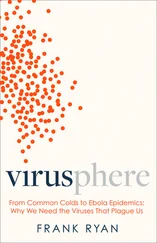MARK LEONARD
To Gabrielle
Acknowledgements Конец ознакомительного фрагмента. Текст предоставлен ООО «ЛитРес». Прочитайте эту книгу целиком, купив полную легальную версию на ЛитРес. Безопасно оплатить книгу можно банковской картой Visa, MasterCard, Maestro, со счета мобильного телефона, с платежного терминала, в салоне МТС или Связной, через PayPal, WebMoney, Яндекс.Деньги, QIWI Кошелек, бонусными картами или другим удобным Вам способом. |
|
| Introduction: The Liberation of Thought |
|
| Chapter One: Yellow River Capitalism |
|
| Chapter Two: Democracy in the Clouds |
|
| Chapter Three: Comprehensive National Power |
|
| Conclusion: China’s Walled World |
|
| Dramatis Personae |
|
| Notes |
|
| Index |
|
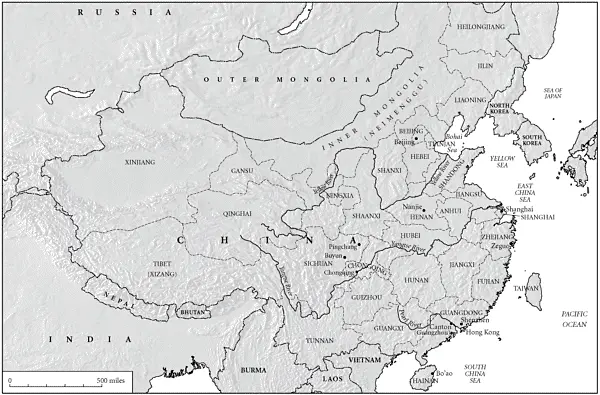
INTRODUCTION
The Liberation of Thought
China’s very existence creates a problem for Western accounts of world history. The Bible didn’t say anything about China. Hegel saw world history starting with primitive China and ending in a crescendo of perfection with German civilization. Fukuyama’s ‘end of history’ thesis simply replaces Germany with America. But suddenly the West has discovered that in the East there is this China: a large empire, with a long history and glorious past. A whole new world has emerged.
Gan Yang, ‘ The Grand Three Traditions in the New Era: The Integration of the Three Traditions and the Re-emergence of the Chinese Civilization ’
Very few things that happen during my lifetime will be remembered after I am dead. Even 9/11 or the Iraq War – events which transfixed us, took innocent lives and decided elections – will gradually fade until they become mere footnotes in the history books. But China’s rise is different: it is the big story of our age and its after-effects could echo down generations to come. Like the rise and fall of Rome, the Ottoman Empire, the British Raj or the Soviet Union, it is the stuff from which grand narratives are wrought. For the first time since the end of the Cold War, a non-Western power is in the global premier league: China has joined the United States and Europe as a shaper of world order.
China’s scale is mesmerizing; its vital statistics are almost impossible for us to grasp. With one in five of the world’s population, China’s entrance into the global market place has almost doubled the world’s workforce. Already, half of the world’s clothes and footwear have a ‘Made in China’ label in them, and China produces more computers than anywhere else in the world. China’s voracious appetite for resources is gobbling up 40 per cent of the world’s cement, 40 per cent of its coal, 30 per cent of its steel and 12 per cent of its energy. China has become so integrated into the global economy that its prospects have immediate effects on our everyday lives: simultaneously doubling the cost of petrol while halving the cost of our computers, keeping the US economy afloat but sinking the Italian footwear industry.
The speed at which this is happening is even more shocking. Building construction in Shanghai takes place at such a breakneck pace that the city’s maps need to be rewritten every two weeks. A town the size of London shoots up in the Pearl River Delta every year. In the run-up to the Olympics, China is building enough new roads to go four times around the world. China has brought 300 million people from agricultural backwardness into modernity in just thirty years – a process of industrialization that took over 200 years in Europe. If current growth trends continue – which is admittedly a big ‘if’ – the People’s Republic could overtake the USA to become the world’s biggest economy well before 2050.
But this focus on scale, speed and measurable statistics is blinding us to a deeper question: will China’s rise change the nature of our world? We are getting used to China’s growing influence on the world economy – but could it also reshape our ideas about politics and power? China is the first country since the end of the Cold War with the ingenuity, scale and global exposure to shape the world in its image. Its gargantuan domestic problems are driving it to seek a new model of globalization. And its huge size means that other economies and nations connected to it – from America to Zimbabwe – will need to reformat their own systems to cope with China’s new ideas about economic development, political reform and world order. China is starting to think for itself. And, because of its stunning economic record, people around the world are starting to listen, and copy the Chinese model.
This story of China’s intellectual awakening is much less well documented than the now familiar tale of China’s economic revival. Although we obsessively study the ideas of different factions in America’s intellectual life – the Neo-Cons, the assertive realists, the religious right – how many of us can name more than a handful of contemporary Chinese writers or thinkers? Who knows what future they dream of for their country, or the world it is shaping? Europeans and Americans, in particular, are ill-equipped to answer these questions. Since the time when French and British missionaries first travelled to the East, the West has focused on what it wanted from China – and how to convert the Chinese to a Western way of life. People wrongly assumed that as China grew richer, it would also become more like us.
The accidental sinologist
China crept up on us slowly in the 1990s. For most of that decade, it was the preserve of regional specialists or fantasists from the business world who dreamt of making vast fortunes, but usually lost even more. However, at some indeterminate point around the turn of the millennium, China stopped being a subject for specialists. From my vantage point as director of a foreign policy think-tank in London, I remember noticing how – all of a sudden – almost every global challenge had acquired a Chinese dimension: from African development to the reform of the United Nations system, the Doha global trade talks to the Iranian nuclear programme, genocide in Darfur to oil prices in Venezuela. China was no longer a big country with which one could choose to enjoy trading or diplomatic relationships; instead it was starting to become part of the furniture of global politics, a universal factor with which we are forced to contend. In terms of political influence China had stopped being like other large developing countries such as India or Brazil. It was turning into something quite new: a miniature USA. I suddenly knew that without understanding China, it would be impossible to understand world politics.
I will never forget my first visit to the Chinese Academy of Social Sciences (CASS) in Beijing. I was welcomed by Wang Luolin, the academy’s vice-president (whose grandfather had translated Marx’s Das Kapital into Chinese), and Huang Ping (a former Red Guard who was then co-editor of the intellectual journal Dushu ). Sitting in oversized armchairs – arranged in parallel against the wall in order to protect the backs of the hosts and guest of honour from enemy attacks – we sipped ceremonial tea and introduced ourselves.
Читать дальше
